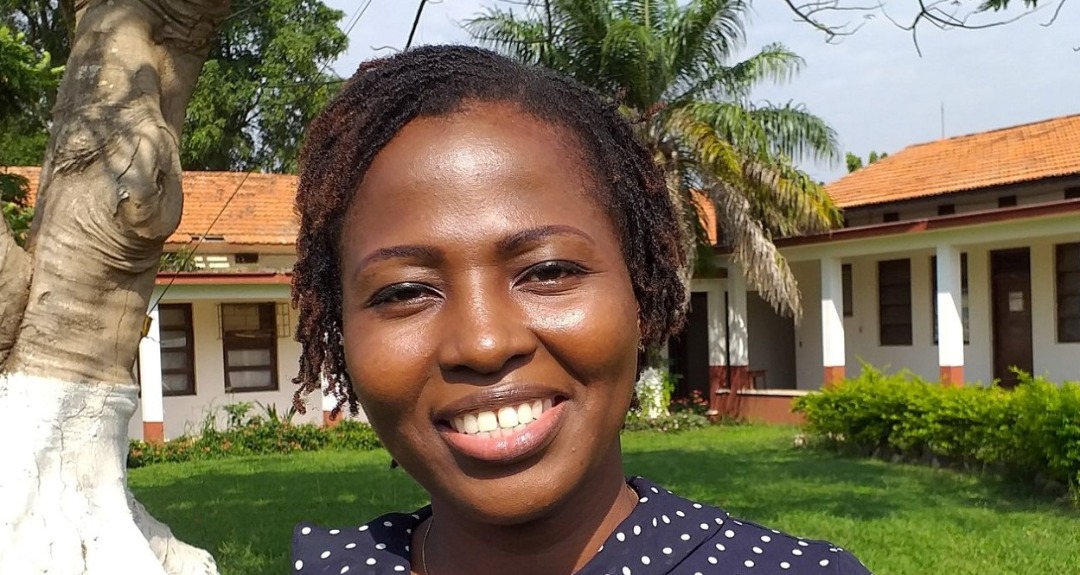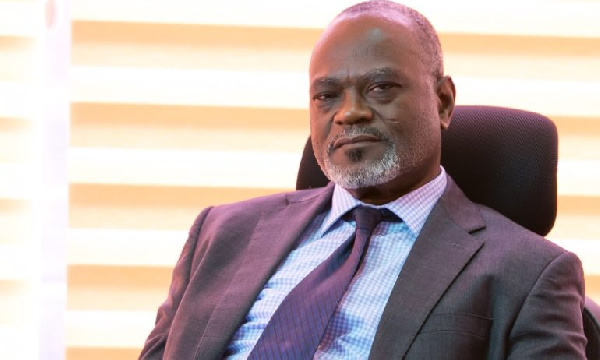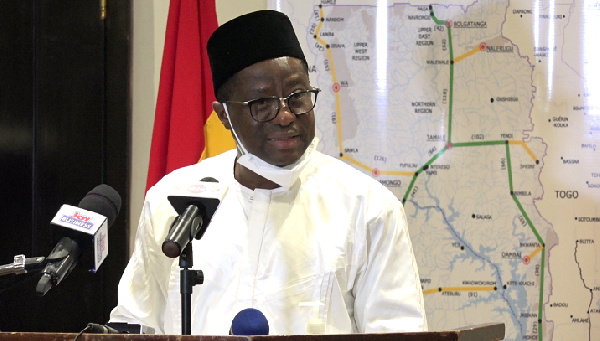
#CitiBusinessFestival: Three pollutants threatening Ghana’s water bodies to note

A Ghanaian Oceanographer has dedicated her time to study major pollutants having adverse impacts on Ghana’s aquatic system.
The Senior Research Scientist with the Department of Marine and Fisheries Science at the University of Ghana, Dr. Edem Mahu has been identifying the environmental problems associated with water pollution and the threats therein.
Her research pioneered the use of radioisotopes in reconstructing the pollution history of heavy metals in nearshore systems in the Gulf of Guinea over the last 150 to 200 years
Over the years, she has been studying the pollution history of heavy metals in Ghana’s coastal lands while trying to evaluate the comparative ecological and human health risks.
Dr. Mahu who was on the on-air series of the Citi Business Festival on Wednesday, July 1, 2020, to discuss the topic “Ocean Health, and Food security-Driving growth through marine research” highlighted how illegal mining, industrial waste, and plastics transform into harmful substances for aquatic and human life.
Here are excerpts of her research findings:
Heavy metals
Ghanaians at this point know that we have an issue when it comes to mercury and arsenic They are metals that are actually associated with land-based activities such as mining which is the most prominent one. For some time now, our water bodies are being degraded because there is a lot of illegal mining going on They use the mercury to do the amalgamation to get the gold from the dust. The mercury ends up in the water body. Our gold is also associated with the arsene so in the process to get the gold out, we have a lot of these metals going into the water bodies.
So in my research, I look at how these metals are taken up by the tiniest organism in the water column into the largest one and also how they impact the abilities of these organisms to function in the system. I connect this to human health as well because the ultimate aim of what we are doing is in the best interest of people and food security.
In the end, these metals affect the way these organisms live and the way they function in the food chain. Research has shown that these metals cancerogenic effect -they can cause cancer in the long term when they are consumed. So if you are someone who likes consuming fish from contaminated water, in the long term, you are likely to get cancer. They are also neuro-toxic. It is not only mercury and arsenic, but there is also lead, copper, and zinc. In Ghana, however, we have a lot of arsenic and mercury substances in our coastal waters. We cannot see them with our eyes but they are silent killers.
If you move to the Western Region, we have a lot of mining in the River Ankobrah, Pra – when you catch fish in these estuaries, you will see loads of mercury and Arsene in these fishes which is not acceptable for human consumption for humans because it is too high.
Earthworms
When you move to Accra and our industrial areas. There are a lot of industrial activities going on and these companies are discharging a lot of earthworms into the aquatic life or systems that connect to the coastal environment. So if you move from the West and come to Acra, you see that the contaminants change a bit.
The west is more of mercury and Arsene but when you come to Accra, you find a lot of mercury, lead, and cadmium in our system and these are coming from our industries. The waste products from these companies are being discharged from the melting and refinery process.
I think they have to treat the waste before discharging into the ocean but. I cannot say they have not been doing that but from what we have and the data that we are collecting, a lot of treatment does not happen in our industries. We research to know if the contaminants are coming from anthropogenic sources or natural sources. When we do our research, we differentiate the sources to tell where these contaminants are coming from. But what we have is that the metals are coming from land-based activities.
Plastics
Plastics are also a major challenge when it comes to our water bodies. There are a lot of plastics all over the place but the question we should be asking ourselves is where are the plastics going Are we managing them properly and efficiently? No, we are not doing that. A lot of the plastics we see and floating around end up in the sea. When they get into the water bodies especially in the ocean. Just like the metals do, when the plastics get into the sea, the effect is that the organisms see them for food, they prey and consume them. Some organisms get entangled and die.
Now, the thing that is more dangerous when it comes to the plastics is that all the other contaminants like metals don’t get destroyed or degraded. They can live un the environment forever. plastics can take more than 500 years before they degrade. When they get into the ocean, they don’t degrade but they get broken down into when they are exposed to the radiation, waves break them down into small plastics that do not get degraded and they remain in the system.
When that happens, they fishes take in a lot of these small plastics. So as the fishes swim, they filter a lot of these plastics into their system. Plastics have the ability to absorb other contaminants including heavy metals. Plastics when they are being made, additives are always added. So if a human being takes in these fishes, they take a double dose of these contaminants. We are sitting on the time bomb because whatever plastics you put on the land end up in the ocean and then our diner table.
About the Citi Business Festival
The 2020 edition of the Citi Business Festival is in the last week of the line-up of radio and TV discussions.
The final leg of the month-long festival is focusing on Science, Technology and Innovation.
So far, the business events and on-air activities have provided inspiration, business ideas, and information for persons who are starting, building or growing their businesses.
The program which began on June 1, 2020, has been featuring virtual business fora that have been live on Citi TV.
This year’s edition of the Citi Business Festival is brought to you by Citi FM and Absa bank. It is supported by GIPC and Ghana’s comprehensive business news website, citibusinessnews.com.
Source: citifmonline.com






